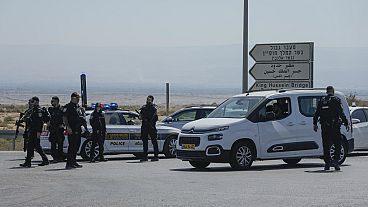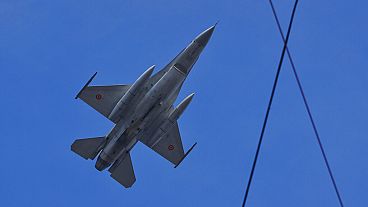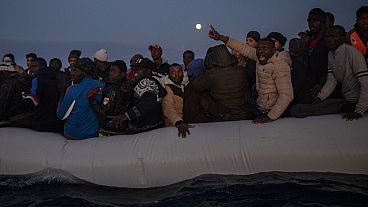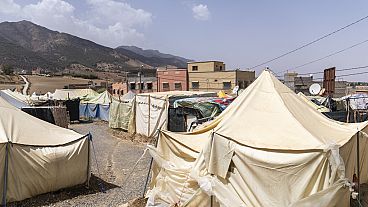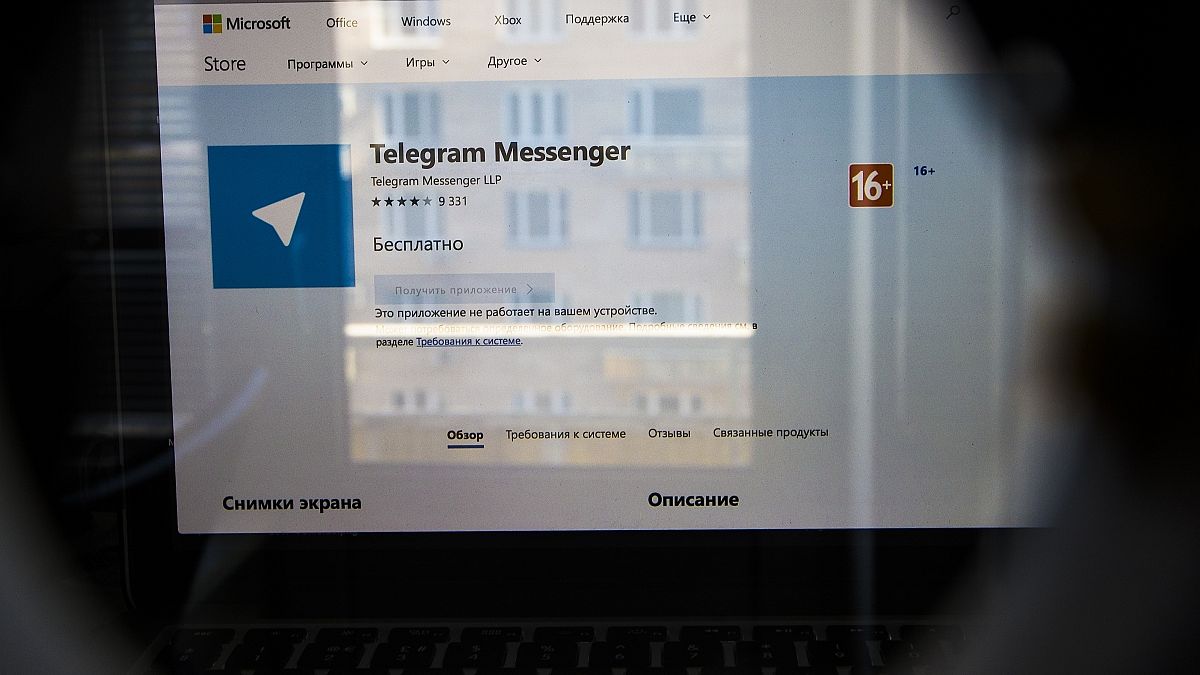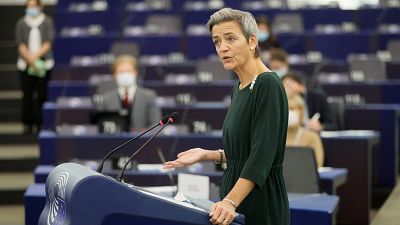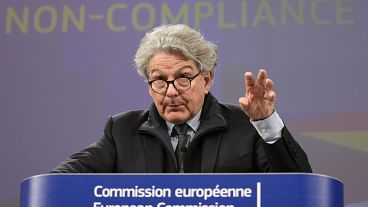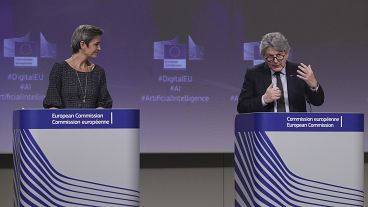Just two DSA content flagging organisations, whose reports should help detect illegal behaviour on online platforms faster, have been appointed in six months.
National regulators enforcing online platforms’ compliance with the EU Digital Services Act (DSA) may use so-called 'trusted flaggers' to help identify illegal behaviour, but only two have been appointed DSA entered into force on 17 February, data provided by the European Commission shows.
Trusted flaggers are experts at detecting types of illegal content online – such as hate speech or terrorist content – which they will notify to online platforms.
A spokesperson for the Commission told Euronews that while there is no deadline for companies to apply for the status, more are expected to be added to the list soon.
Under the DSA, organisations can apply for the role of trusted flagger, which will have to be approved by the national regulators: the Digital Services Coordinators (DSC). One of the flaggers’ obligations is to submit an annual report.
“Various applications are currently being examined by national regulators, who are responsible for overseeing the application process, ensuring that entities meet the criteria of expertise and competence, independence and diligence, accuracy and objectivity, as set out in [the] DSA,” the Commission spokesperson said.
The EU executive has already started a number of probes since the DSA started applying to the largest platforms last August. It began some of its investigations, such as additional questions to online retailer Temu, after complaints filed by consumer organisation BEUC.
Take down notices
The two organisations appointed as trusted flaggers so far are the Copyright Information and Anti-Piracy Centre (CIAPC) in Finland and Der Schutzverband gegen unlauteren Wettbewerb in Austria.
CIAPC’s director Jaana Pihkala told Euronews that she hopes that the trusted flagger status helps them communicate more easily with the platforms.
“We were appointed as a Trusted Flagger by Finnish DSC Traficom on 7 March. When we file our first report at the end of this year, we will start it from that date,” Pihkala said.
“We hope that this status will help us with services and platforms that have been a bit slow or even non-reactive to our take down notices,” she added.
In Austria, Schutzverband gegen unlauteren Wettbewerb, brings forward cases of unfair competition and other illegal practices.
“Some big platforms have informed us already about their internal contact point for trusted flaggers and it will be much easier for us to communicate with Google, Meta, Amazon and others from now on,” Hannes Seidelberger, its CEO said.
“There will be more trusted flaggers in Austria soon because some other institutions have already applied,” Seidelberger added.
The EU executive is carrying out a study to provide analysis and recommendations for the efficient implementation of the trusted flaggers mechanism. The results are expected by September.

